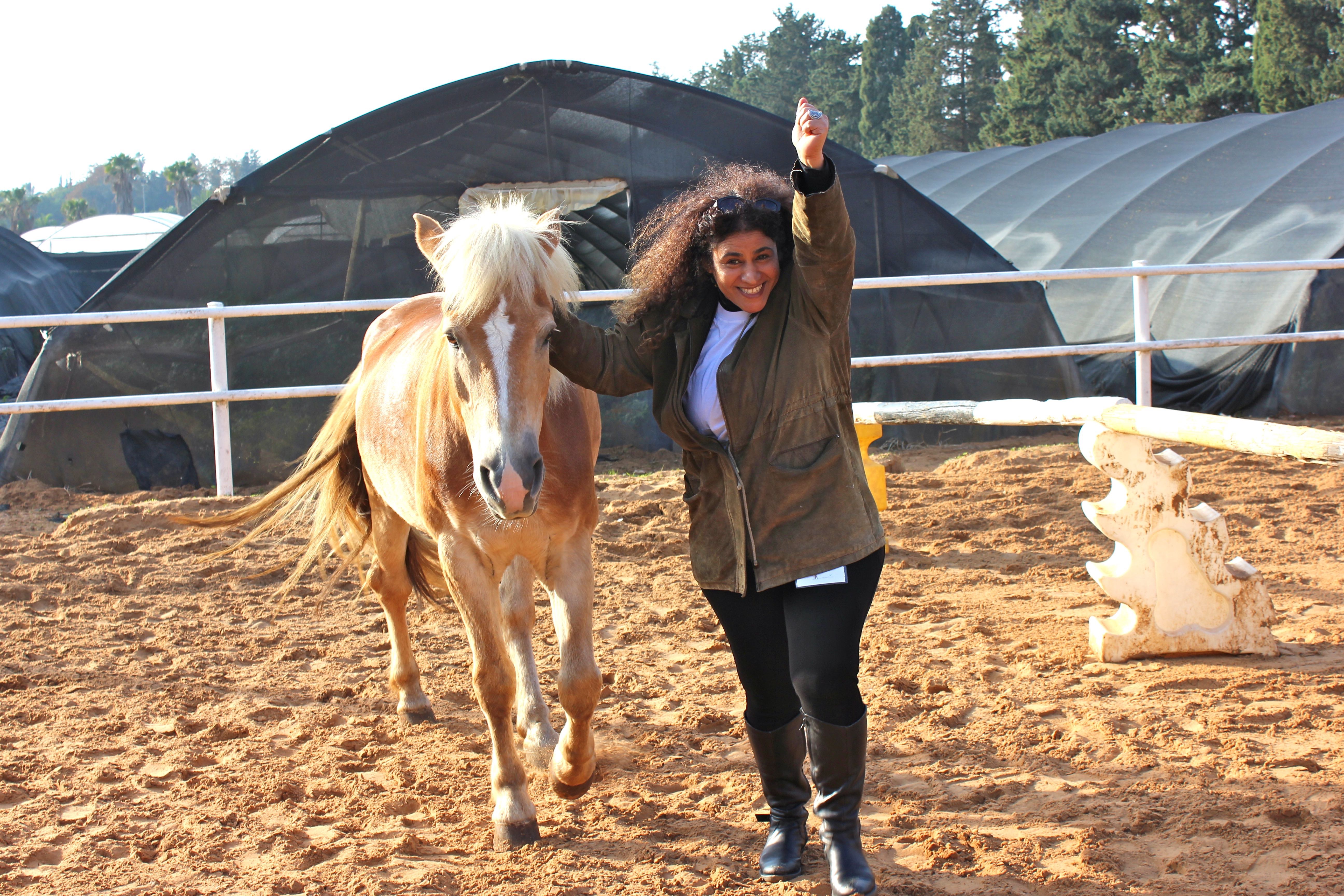Is Self-Validation Overrated? I think not…
These days people are so busy running from one commitment to another that they have little time to reflect on their inner thoughts, experiences, or feelings—let alone accept them—which is at the heart of self-validation. Think for a moment of someone at work who always seems to need affirmation and attention. Or maybe you have a colleague who comes across as overly dramatic or negative, looking to criticize. Often, it’s because when we can’t self-validate (acknowledge and accept our thoughts/feelings), we try to get others to do it for us through our (often annoying and disruptive) behavior. As you might well imagine, that’s not very productive.
Why is self-validation so important? Because when we don’t make space for our thoughts/feelings/experiences (by denying, ignoring or arguing against them) our internal pressure builds. Sometimes this pressure implodes causing us deep distress until we process whatever it was that triggered us. Sometimes it erupts outwardly, and we behave atypically with colleagues and employees—again, feeling calmer in the wake of the eruption (even if we’ve created a rift with our co-workers in the process). In both cases, the effect can be long-lasting as it ripples out and influences many aspects of our lives. So being able to let things in and out again, brings us to a more balanced, calm and grounded state.
The key is acknowledgement. When we have thoughts and feelings that don’t reflect our core values, or we know deep down that they are simply not true or are unjustified, and if we fight it and judge ourselves for having them, we upset our emotional balance and forego the opportunity to learn something about ourselves. We aren’t able to ask ourselves: “What’s really behind those thoughts?” “What’s driving me to feel this way and WHY?” That’s why it is so important for us as facilitators to create a safe environment where EVERYONE is able to explore their triggers together. And with the help of the horses, all judgment fades away and what emerges is understanding, empathy and support.
So acknowledgement is all it takes. The problem is that we’ve all created so many behavioral expectations--particularly at work--that no one wants to ‘break the mold’ by expressing or acknowledging what they’re really thinking. The good news is we don’t really have to cry, laugh, shriek or yell—all we have to do is INTERNALLY acknowledge what’s there. Once we self-acknowledge, the feelings begin to let go. We can always open the valve later and do our shrieking, laughing, crying or yelling if we still feel the need. ☺ However, there are a few things to keep in mind for learning to better self-validate:
1. Allow yourself to experience intense feelings without pushing them away. Simply ponder it—nothing more. Just be present to them. There is no need or expectation to act-- only to be present to them without judgement. Sometimes when we’re working with horses it triggers something within us that becomes evident in our body language and/or posture. Take the time to get curious about what’s behind the feeling.
2. Try to name the feeling. Think about the trigger and where it shows up in your body. Is it stuck in your gut? Throat? Neck? Think about when the situation occurred. No need to act on it, just observe.
3. Think about how someone else might feel in the same situation. Or think about how you’d like to react—even if it’s inappropriate. It will help you understand what’s coming up and why. Sometimes giving it your best guess when you’re struggling to name it works surprisingly well.
4. Consider past events that have triggered the same reactions or feelings. Sometimes, when we can identify a pattern, the puzzle begins to resolve, and we begin to understand the trigger. Is there something in the horse’s response that has triggered you? When else have you felt that way? What did you do about it? What ELSE could you do?
5. Let go of “should or shouldn’t” because everyone experiences emotions all the time. There’s no right or wrong here. Follow the horses’ lead. One minute they respond and the next minute they “go back to grazing”.
6. Be painfully honest with YOURSELF and then get comfortable with being YOU. I once was told “We are not our patterns OR our behaviors”. Those, we can change, but we cannot and never want to change who we are…
Lastly, validating others helps us with self-validation. Because when we are generous in our validation of others, we somehow learn how to self-validate and become stronger. We learn that emotions are information providing us with valuable clues to what’s really important for us, what we care about most, what we want to safeguard and how we want to move through the world. It’s not about judging one’s thoughts/feelings as appropriate or inappropriate, it’s simply about acknowledging them as legitimate and honest, giving those thoughts space to exist for right now. And what we do for others, we must learn to do for ourselves…
